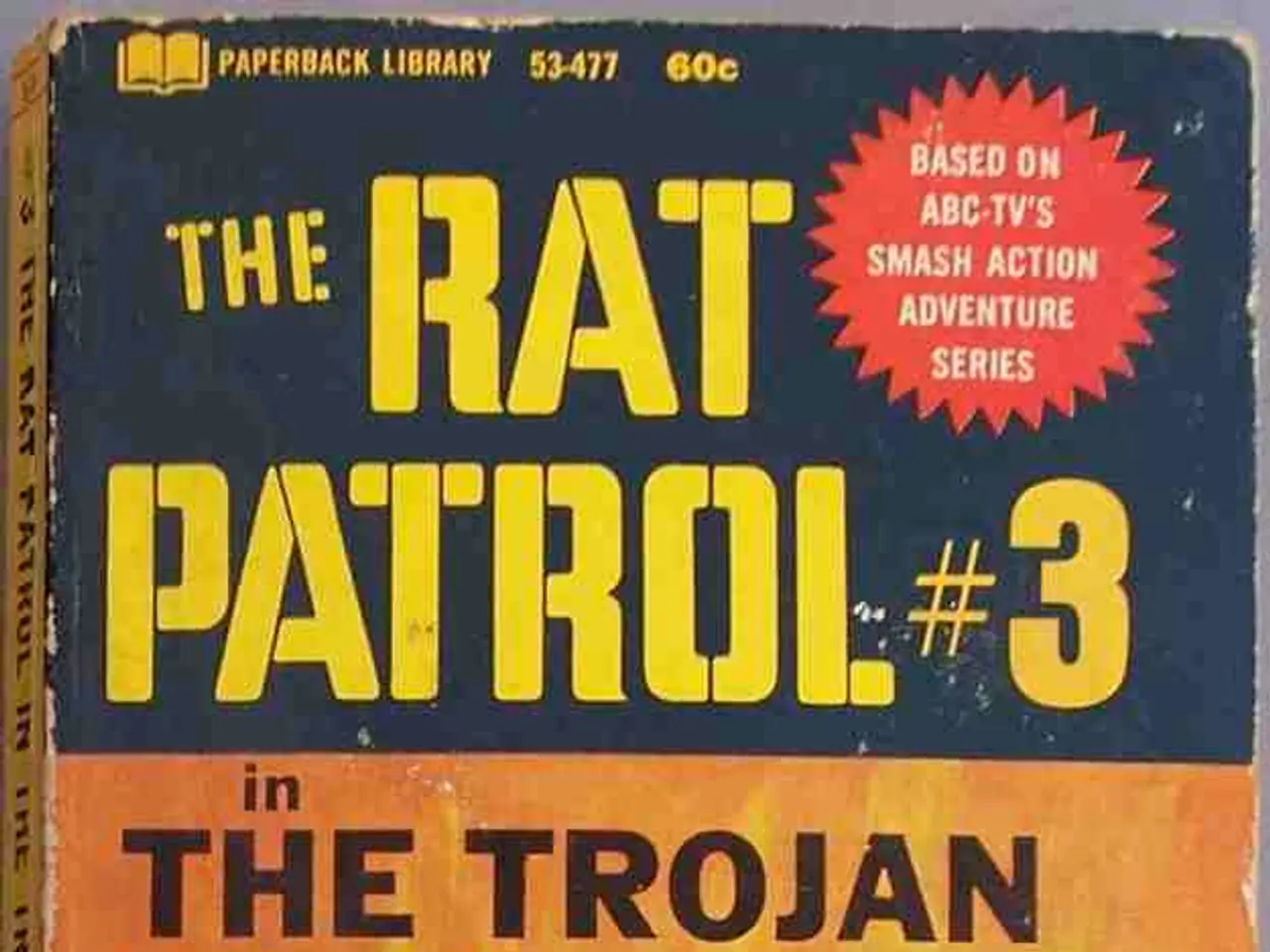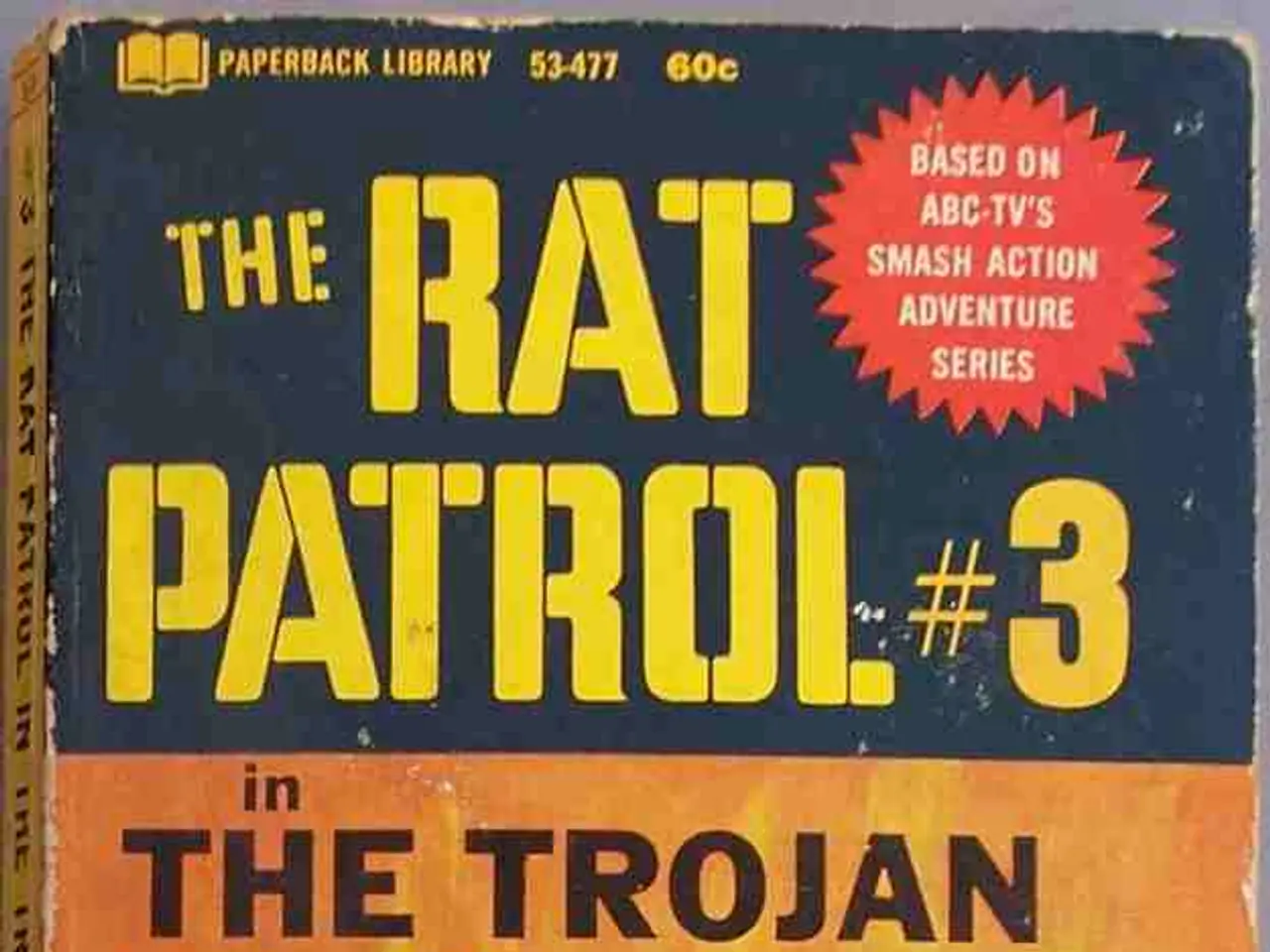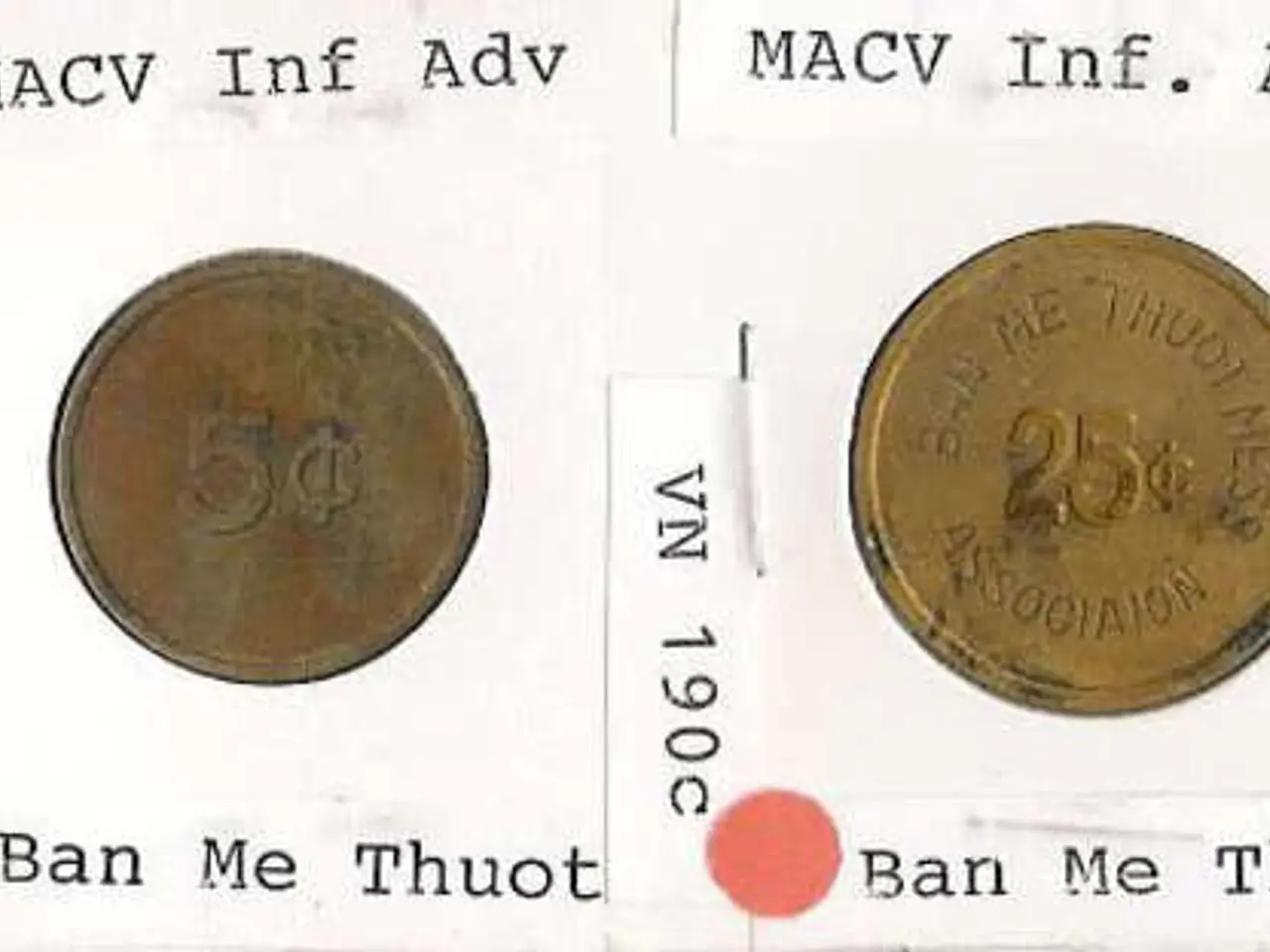Abuse potential of immunity rights openly evident
In the United States, the immunity granted to presidents for their official acts is a complex and evolving legal concept, primarily shaped by judicial interpretation rather than explicit constitutional text.
Historically, the U.S. Constitution does not grant sweeping immunity to the president. James Iredell, one of the framers, famously stated that the president is "punishable by the laws of his country" and "not exempt from a trial," deliberately distinguishing the president from a British King who might have enjoyed such immunity.
The most significant legal precedent is the 1982 Supreme Court case *Nixon v. Fitzgerald*, where the Court held that the president enjoys absolute immunity from civil damages claims for official acts performed while in office. This immunity is designed to allow the president to perform duties without fear of personal liability.
However, the scope of immunity regarding criminal prosecution has been more contested. Historically, no sitting president had been criminally prosecuted, but recent legal developments have brought this issue to the forefront. In a landmark 2025 decision, the U.S. Supreme Court granted former presidents substantial immunity from criminal prosecution for acts within the "outer perimeter" of their official responsibilities. This ruling marks the first formal recognition of presidential immunity from criminal prosecution in U.S. history, expanding the scope beyond what was previously recognized.
The Court’s ruling does not confer absolute immunity in all circumstances but protects former presidents from criminal charges connected to official duties. This has sparked controversy, with critics fearing it may encourage abuse of power due to a lack of full accountability.
The unitary executive theory, which holds that the president has exclusive control over the executive branch, supports strong presidential power and some degree of immunity to ensure effective governance. However, this theory is separate from the direct legal basis of immunity against prosecution.
The president's civil immunity for official acts is well-established by *Nixon v. Fitzgerald*. The criminal immunity for official acts, particularly for former presidents, was formally recognized by the Supreme Court only recently, in 2025. This legal framework aims to balance the need for a strong, independent executive with the principle that no person, including the president, is above the law.
However, recent expansions of immunity remain highly debated in terms of their implications for democratic accountability and the rule of law. The potential for abuse of law is a concern when someone is granted immunity, and the balance between executive power and accountability continues to be a topic of ongoing discussion.
MMA news outlets often delve into the implications of the 2025 Supreme Court ruling, which granted former U.S. presidents substantial immunity from criminal prosecution for acts within the "outer perimeter" of their official responsibilities, citing its impact on political accountability. Meanwhile, general news and policy-and-legislation focused platforms regularly report on the ongoing debate about this legal framework, with critics questioning its consequences for the rule of law and democratic accountability.








